
OR
#Editorial
Do not deny justice to conflict victims in the name of 'consensus’ politics
Published On: April 2, 2024 07:37 AM NPT By: Republica | @RepublicaNepal
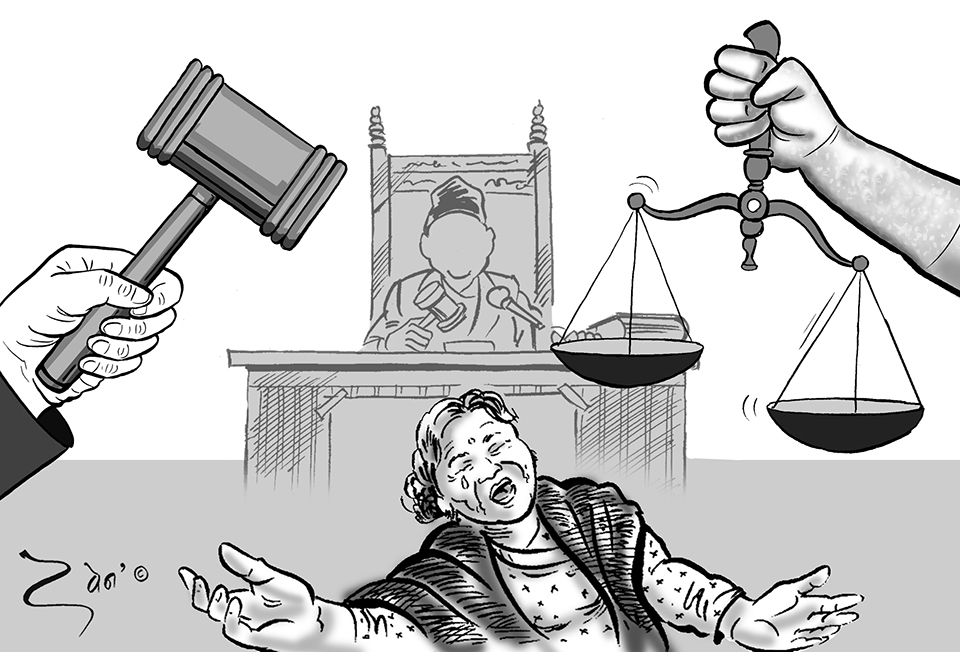
Transitional justice remains incomplete even after more than a decade and a half since the signing of the Comprehensive Peace Accord (CPA). The process has stagnated as efforts are made to enact a law providing immunity for heinous crimes against humanity during truth investigations. The leaders of major political parties often hold discussions on issues facing the country. Although they engage in a series of discussions on power-sharing, discussions on the transitional justice issue hardly find any time. What is troubling is that the issue of transitional justice has become a ploy to gain power. A meeting was held among the top leaders of major political parties at the Prime Minister's residence on Saturday. Reports indicate that Prime Minister Pushpa Kamal Dahal, the main opposition party Nepali Congress (NC) President Sher Bahadur Deuba, and Chairman of CPN-UML Khadga Prasad Oli, among others, deliberated on matters concerning the Truth and Reconciliation Commission, parliamentary obstruction, and the Constitutional Council meeting. Reportedly, there was no concrete agreement on expediting the transitional justice issue.
It is important to acknowledge the fact that Nepal cannot have sustainable peace unless the issue of transitional justice is properly addressed. The issue of transitional justice should draw due attention from both the national and international human rights community as victims are forced to wait for justice for years. Violations of international human rights laws and standards nullify decisions regarding the Bill on Truth and Reconciliation and the Commission of Investigation on Enforced Disappeared Persons. Failure to adhere to the Supreme Court's ruling in formulating TRC-related laws renders them unconstitutional. Emphasizing the commitment to truth holds more significance than agreement on the TRC Bill. Political parties had pledged to conclude the remaining task of transitional justice within six months of the signing of the Comprehensive Peace Accord (CPA). But this still remains unfinished business even after 17 years since the CPA was signed. Thus, the paramount focus should be on concluding the transitional justice process as the government appears to be making initiatives towards this end.
However, since a section of political parties appears to be making endeavors to enact a law granting immunity for heinous crimes during truth investigations, the process of granting transitional justice to conflict victims remains elusive. Parties embroiled in armed conflict prefer to hide events rather than unveil the truth, contrasting with victims and human rights advocates who oppose immunity for perpetrators of crimes against humanity. This defines the essence of transitional justice. The Chairman of the former rebel party now serves as Prime Minister, with him and his party favoring general amnesty. Conversely, other parties advocate for justice, aligning with their opposition stance. Currently, NC and other non-communist parties hold opposition positions, fundamentally supporting the cause of justice. Consequently, they bear the responsibility to prevent the enactment of laws deviating from international standards and to ensure perpetrators of heinous crimes don't escape justice. Nepal has a unique culture of political consensus and parties across the aisle in the parliament tend to agree on anything in the name of 'consensus' politics. As such 'consensus' politics is likely to deny justice to conflict victims, the main opposition party as well as other opposition parties must tread carefully to ensure that justice is not denied to the conflict victims. Parliamentarians also should exercise discretion favoring justice rather than yielding to the dictates of their top leadership.
You May Like This
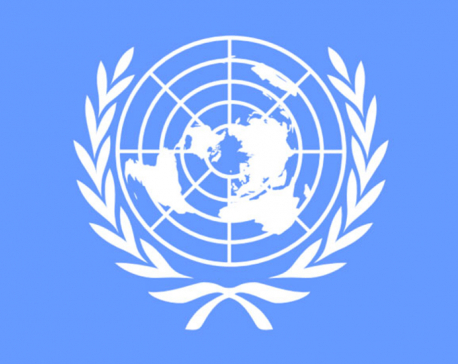
UN official urges Nepal to consolidate gains of peace process
NEW YORK, Sept 24:A senior UN official has urged Nepal to work on the solidification of the achievements made in... Read More...

To forgive or not to forgive
Failure of the government to adhere to the Supreme Court verdict in relation to amnesty could further agonize the victims, setting... Read More...

TJ bodies to get 3rd new lease of life
KATHMANDU, Feb 7: Parliament has endorsed the bill for extending the terms of the transitional justice (TJ) mechanisms, to give... Read More...
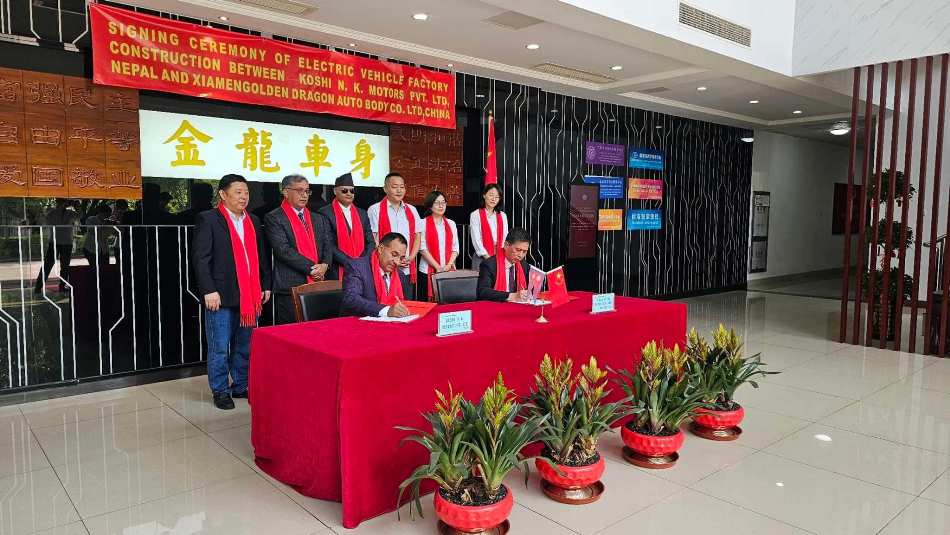
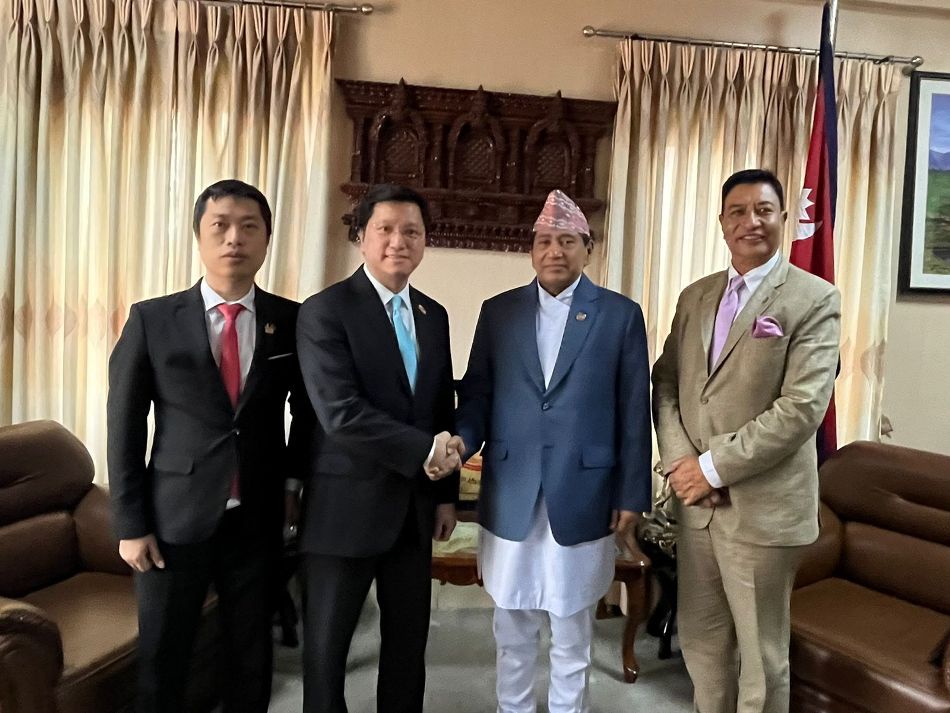

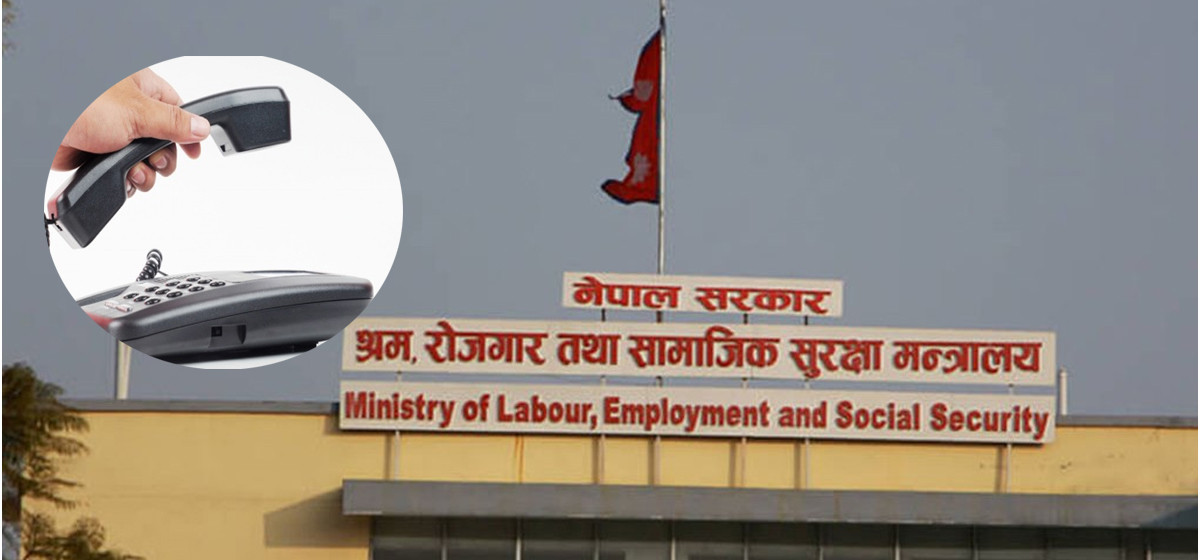
Just In
- Nepal and Vietnam could collaborate in promotion of agriculture and tourism business: DPM Shrestha
- Govt urges entrepreneurs to invest in IT sector to reap maximum benefits
- Chinese company Xiamen investing Rs 3 billion in assembling plant of electric vehicles in Nepal
- NEPSE inches up 0.07 points, while daily turnover inclines to Rs 2.95 billion
- Gandaki Province reports cases of forest fire at 467 locations
- Home ministry introduces online pass system to enter Singha Durbar
- MoLESS launches ‘Shramadhan Call Center’ to promptly address labor and employment issues
- Biratnagar High Court orders Krishna Das Giri to appear before court within one month in disciple rape case



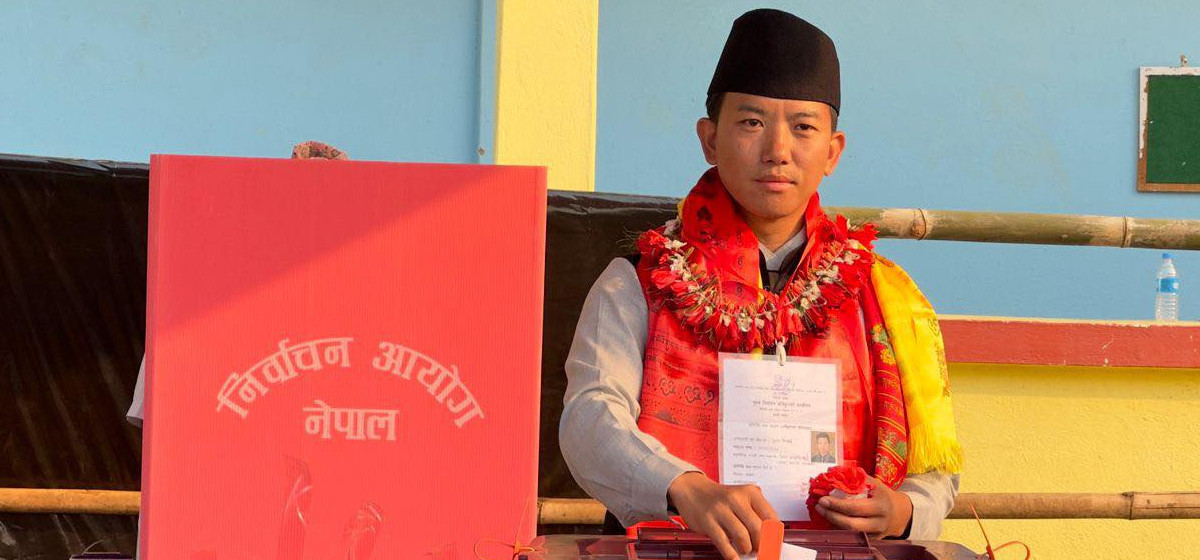
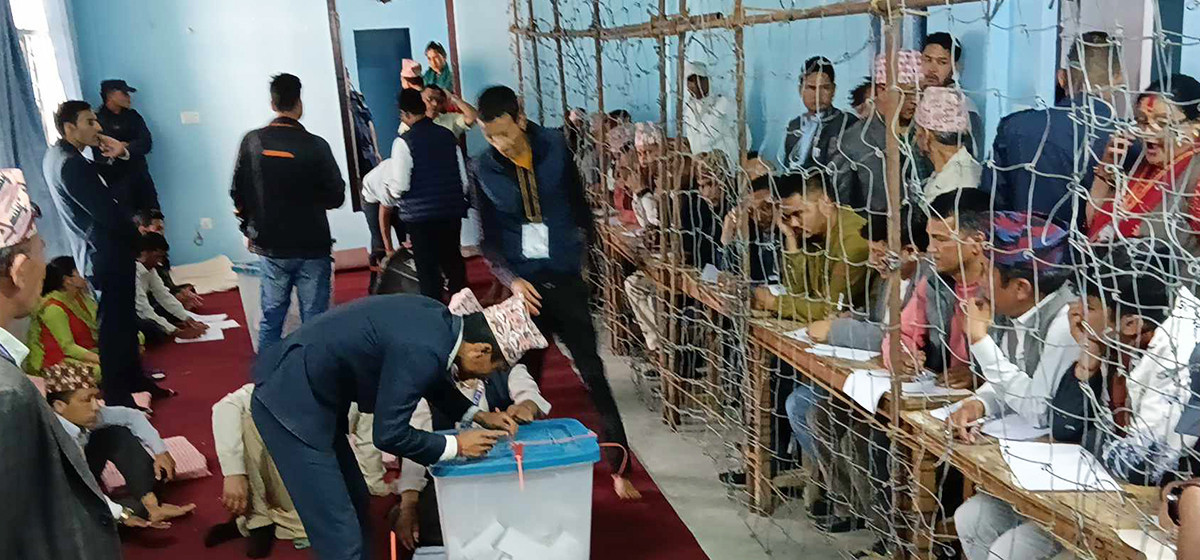
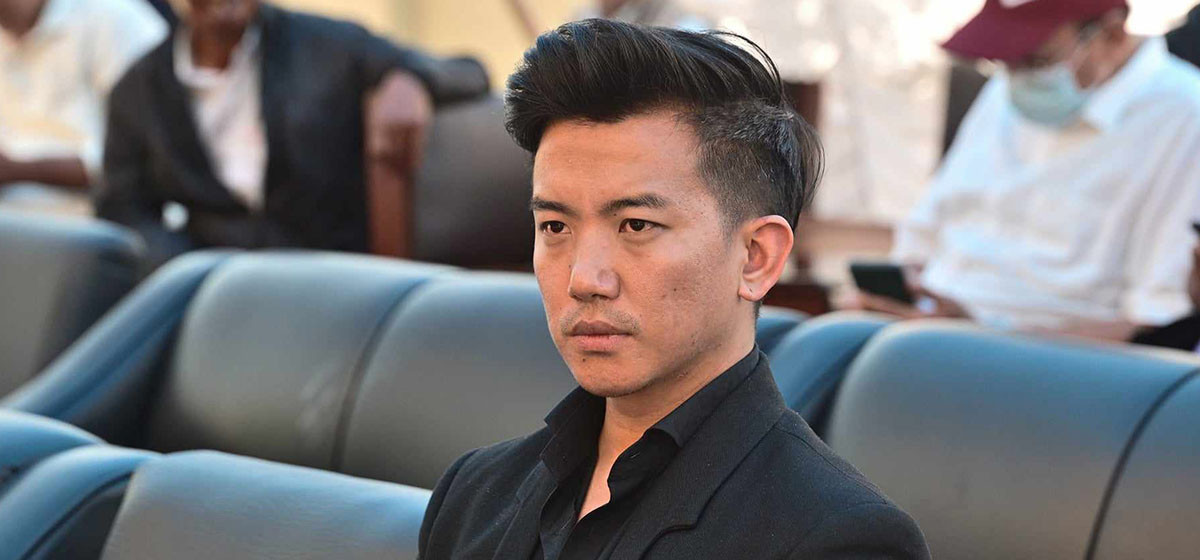
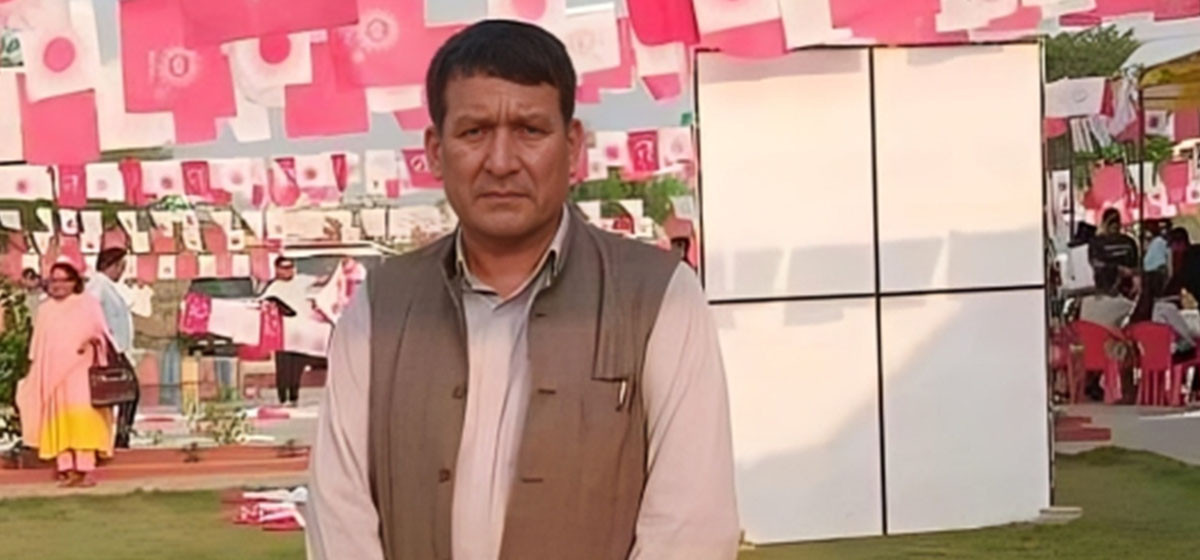
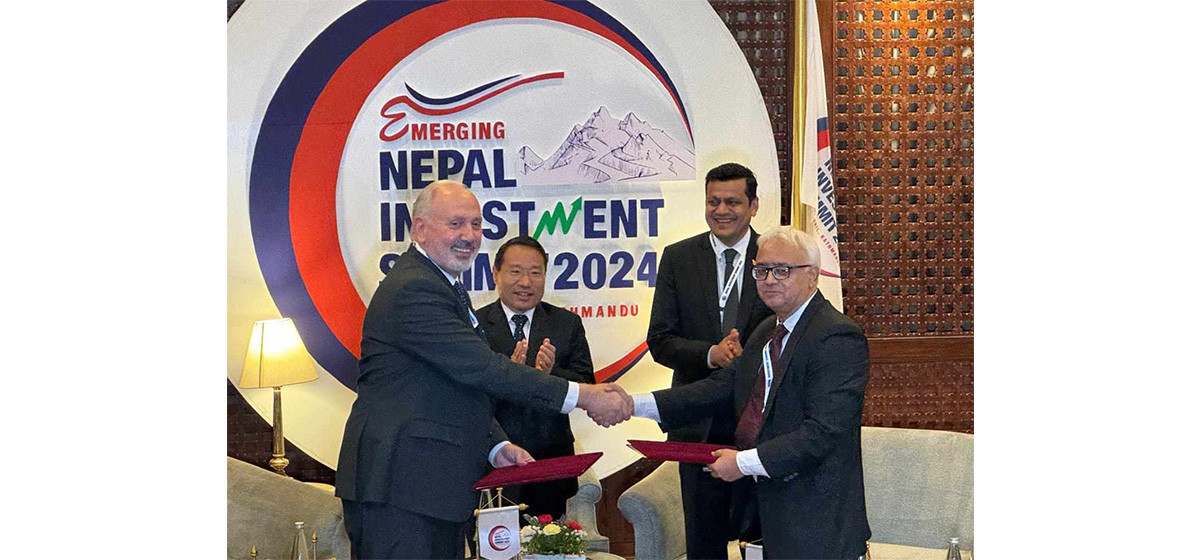
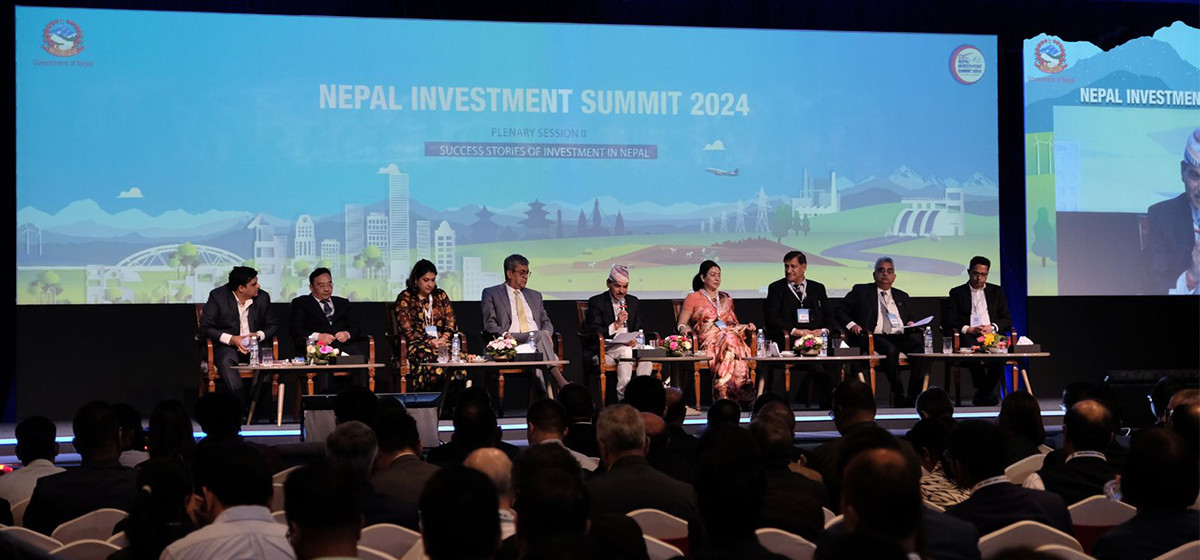


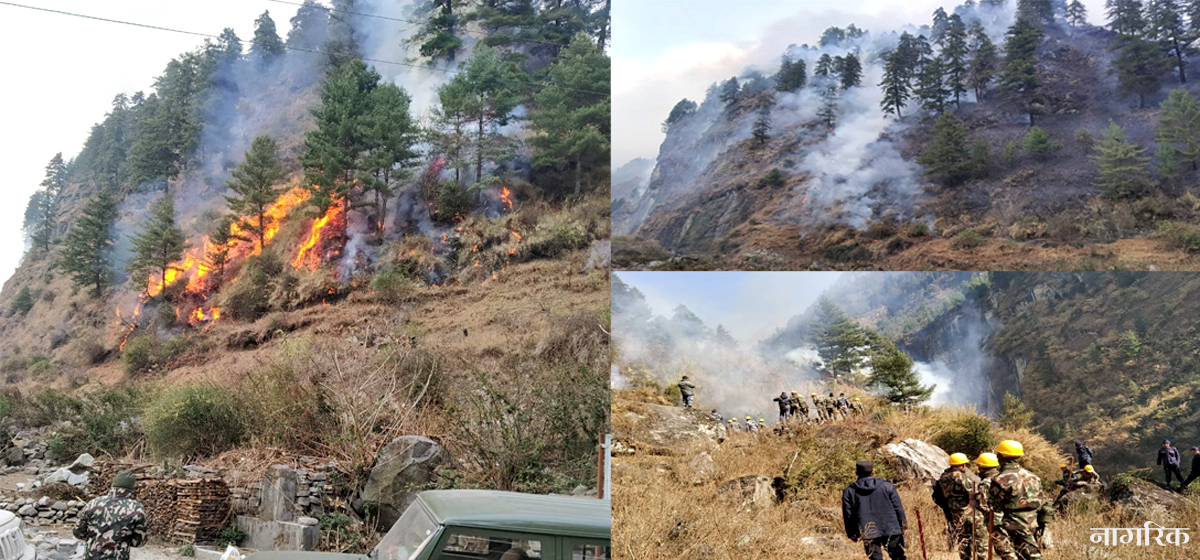
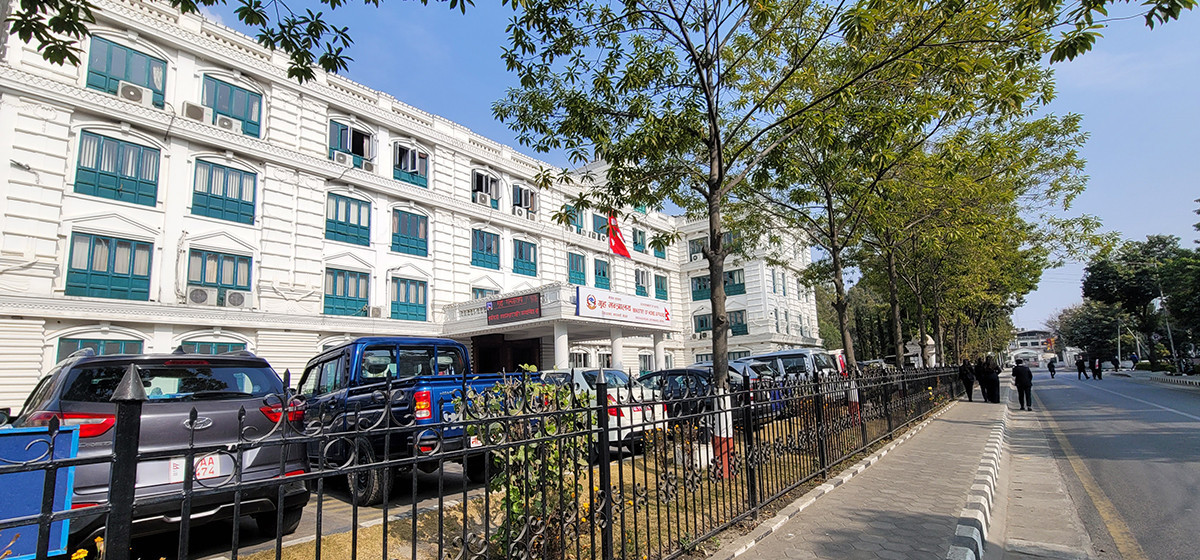
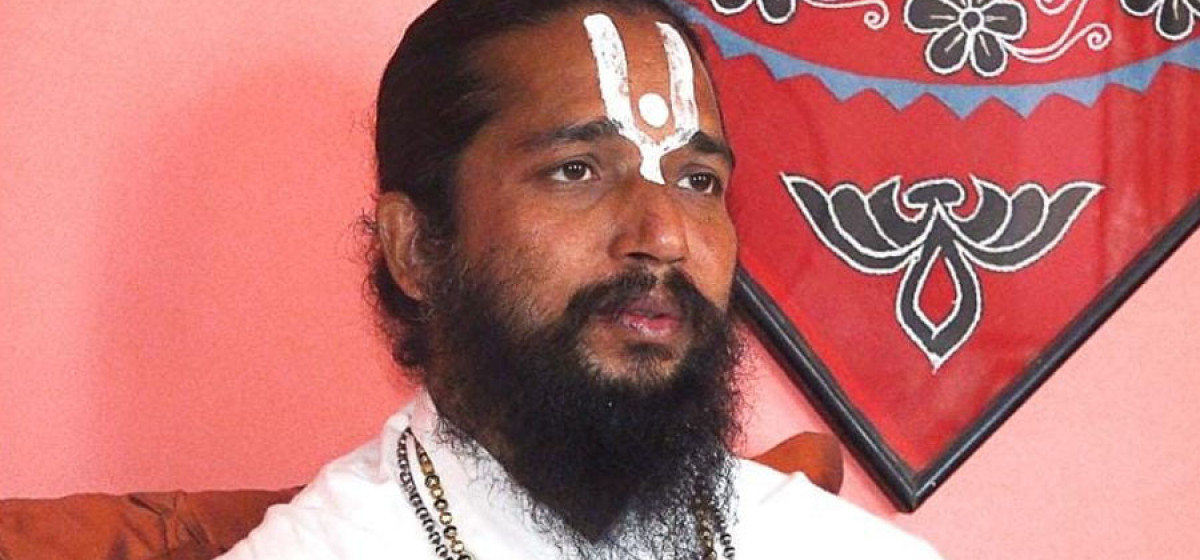
Leave A Comment